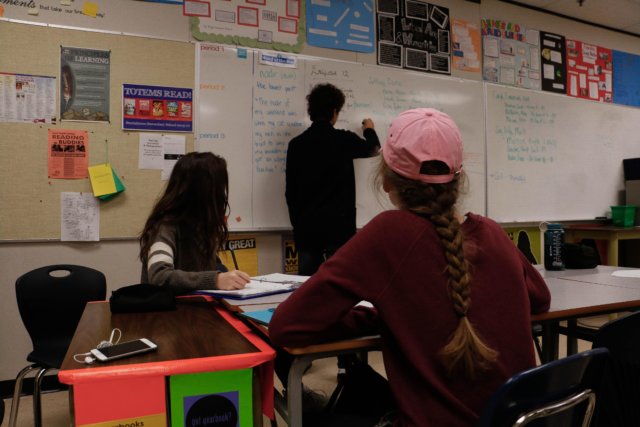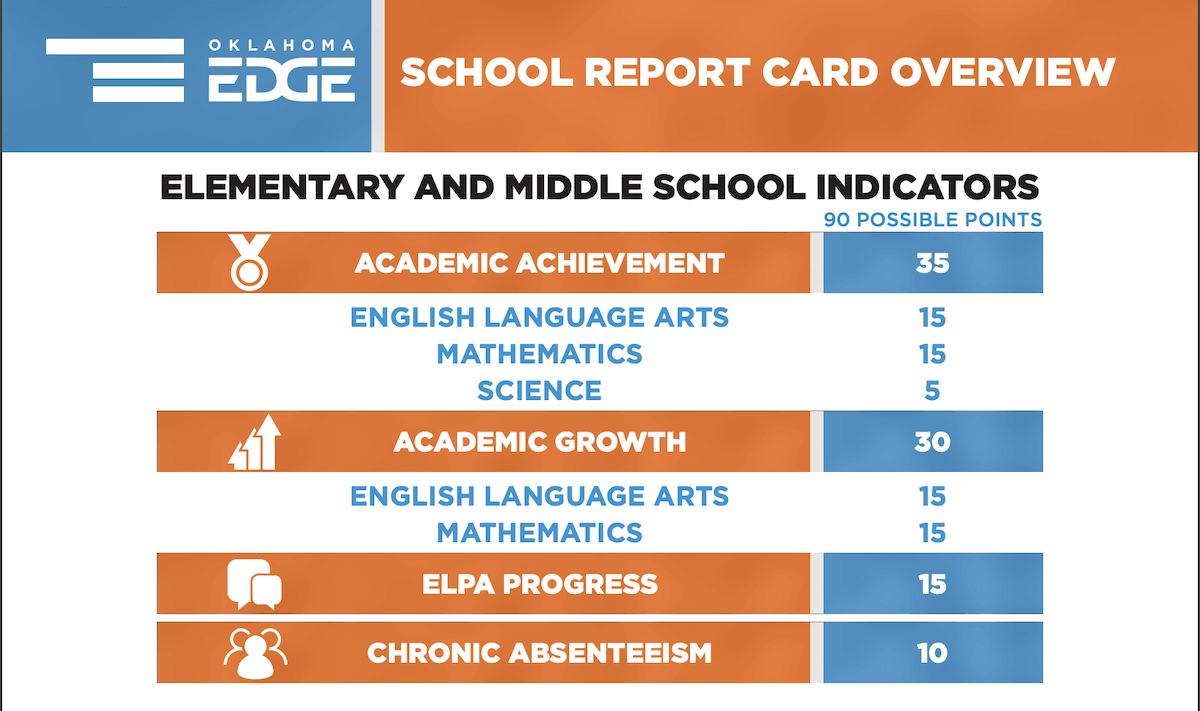
“If we value the pursuit of knowledge, we must be free to follow wherever that search may lead us. The free mind is no barking dog to be tethered on a 10-foot chain.”
— Adlai E. Stevenson, Jr.
Education is in transition. We know the public education model that has been used over the last century and a half is no longer sufficient to meet the needs of students in the 21st century. The key component to improving education is innovation. This includes innovation in the types of educational options students and parents can obtain, as well as innovation in the curriculum. However, successful innovation rarely occurs from a top-down approach, and it almost never occurs via legislative edict.
I have previously written about the need to remove the Legislature from most decisions regarding the operation of schools. As if on cue, the leadership of the Oklahoma State Senate announced they were going to continue to micromanage our schools. The pressing issue the Senate is determined to address: four-day school weeks.
Apparently, leadership in the Senate is convinced that education can only happen if it comes in five-day increments. And they are determined to demonstrate that they know more about the appropriate methods of education than actual school administrators and teachers, not to mention parents.
Senate President Pro Tempore Greg Treat (R-OKC) remarked that schools were not using four-day school weeks to save on the budget but rather as a recruitment tool for teachers or other priorities. He has touted SB 441, which would force those districts back into a five-day week if they cannot prove financial savings and yield average or better academic results. To me, the proposal shows more arrogance from politicians who struggle to envision an education system not rooted in standards and social customs of a previous generation.
RELATED
New school report cards reveal ‘sad’ outcomes by John Thompson
Pushing districts back to five-day models could occur despite the positive outcomes reported by districts who have moved to this format. Districts that may have initially moved to a four-day week to save money have found that it is a good retention tool for teachers, and their communities have supported the change.
There are many in state leadership upset at the initially negative coverage of four-day school weeks, from both state and national media. However, these media reports lacked any serious conversation regarding the importance of allowing local school districts to determine the educational methods and schedules best suited for their communities. They also lacked any imagination regarding how education has been and will continue to be transformed in the 21st century.
What educators are saying
Dawn Ince Bruce, a science teacher at Destiny Christian Schools in Del City, had four-day weeks when she was a teacher at Nucla High School in Nucla, Colorado.
“We actually had more teaching time because the school would work to schedule games and activities on Friday instead of intermittently taking my students out through the week,” she told me.
Bruce is not alone in her appreciation for four-day school weeks.
“In Oklahoma, cities near the border need more flexibility in rules and pay to prevent Oklahoma teachers from leaving to higher-pay states,” said Brett Alldredge, a government and economics teacher at Dayton High School near Houston, Texas. “Those districts also need the local authority and revenue streams to pay their teachers more.”
That’s exactly what many local school leaders are telling anyone who will listen. Administrators are seeing improved teacher retention and improved student attendance and performance. But so far, such positive results have made no impact on some state leaders who are convinced that students not in school five days per week are simply not learning.
Legislative micromanagement impedes education
Legislative micromanagement of the education process hurts school systems in two important ways. First, by attempting to force a one-size-fits-all scheme on school districts, lawmakers reduce the ability of local school districts to address unique needs and situations most effectively. While state leaders may be convinced they are ensuring certain educational standards, they are really hamstringing administrators and educators by denying them flexibility to solve problems at their most basic level.
Second, this level of micromanagement reduces innovation in education. This top-down approach tells school boards, administrators and teachers that politicians in the State Capitol don’t trust them to do their jobs. They want to keep school districts on a tight leash because they are afraid of real innovation in the educational process.
Both of these are bad for students, bad for teachers and administrators, and ultimately, bad for our state. Unfortunately, most politicians suffer from the malady that they know more about any given process than the people who actually work in it.
Oklahoma has one of the most diverse educational environments of any state. Students may choose from traditional public schools, public charter schools, private schools, home school and a variety of online schools, both public and private. Oklahoma also has schools devoted to students with learning disabilities and those who are homeless.
Our so-called leaders at the State Capitol ought to be celebrating this diversity of educational opportunities, not attempting to reduce it. If they are worried about businesses not coming to the state because some school districts have four-day week, perhaps they need to learn how to market such a dynamic and innovative system that allows families a multitude of options in providing education for their children.
Oklahoman’s educational system certainly isn’t perfect. There’s much that can be improved. However, most of that improvement would come from enhancing and promoting the diversity of educational options parents and students have in our state, not from more regulation by the Legislature. Instead, education continues to be one more political football thrown back and forth between the goal posts at the State Capitol.























